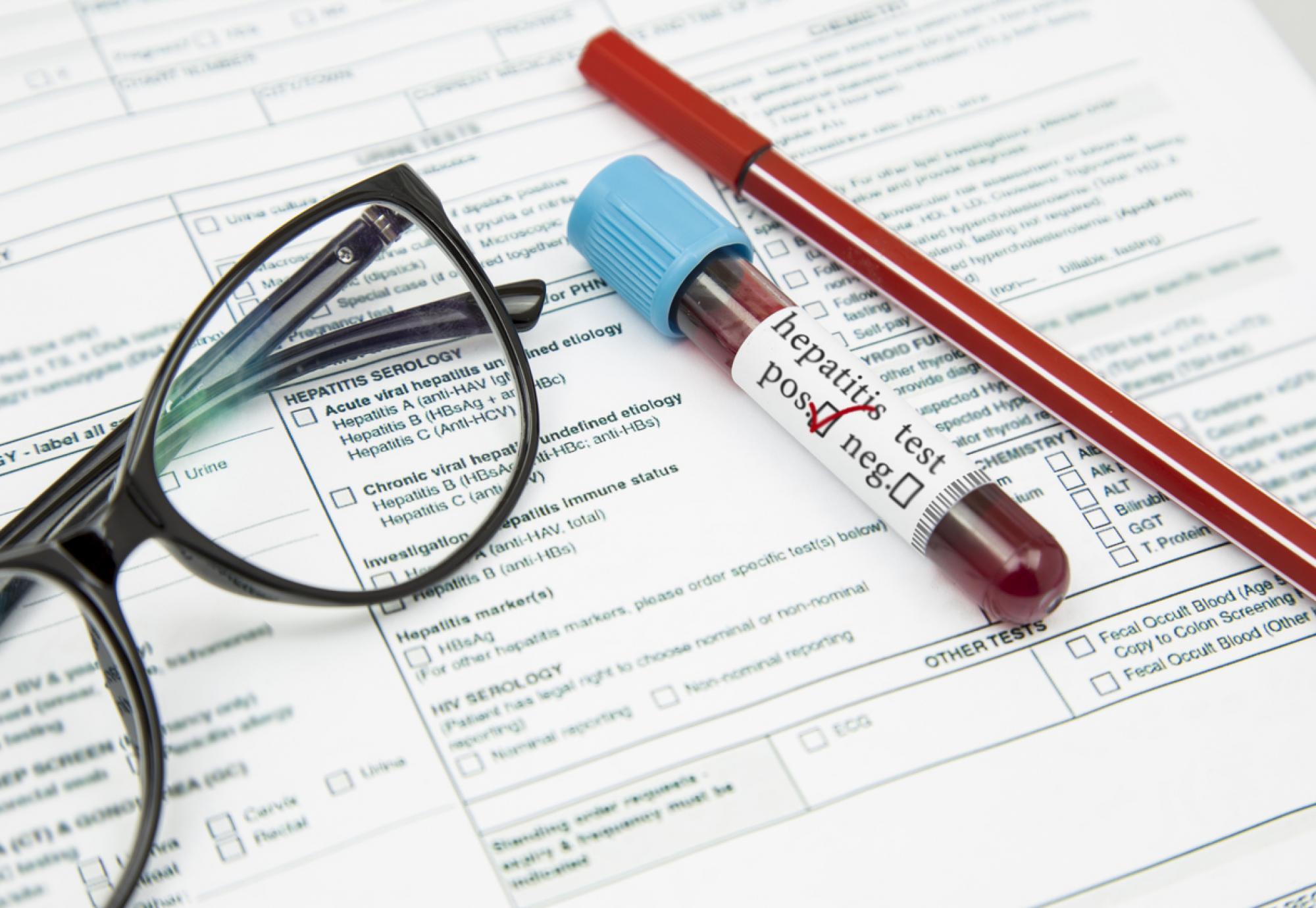In a move that could provide a huge step towards wider access to testing and diagnosis across the globe, the World Health Organisation (WHO) has prequalified the first hepatitis C virus (HCV) self-test.
WHO says that national HCV self-testing programmes have shown high levels of acceptability and feasibility, with further benefits relating to empowerment, autonomy and stigma-free services.
“Every day 3500 lives are lost to viral hepatitis,” explained WHO’s department of global HIV, hepatitis and STI programmes director, Dr Meg Doherty.
“Of the 50 million people living with hepatitis C, only 36% had been diagnosed, and 20% have received curative treatment by the end of 2022.”
A report from the UK Health Security Agency at the start of this year indicated that HCV prevalence has drastically fallen in England compared to a decade ago, with increased testing and accessibility outlined as the main reasons. Cases fell by 51% from around 129,000 in 2015 to 63,000 in 2022.
Shortly afterwards, NHS England announced that it is stepping up its efforts to eliminate HCV through a pioneering new pharmaceutical deal, digital health investment, and community health programmes. The UK has a target of eliminating HCV as a public health threat by the end of the decade — a target it is on the way to meeting.
Dr Doherty added: “The addition of this product to the WHO prequalification list provides a safe and effective way to expand HCV testing and treatment services, ensuring more people receive the diagnoses and treatment they need, and ultimately contributing to the global goal of HCV elimination.”
The technology, manufactured by OraSure Technologies, is an extension of the same organisation’s HCV antibody test which was prequalified for professional use by WHO seven years ago. This self-test iteration has been specifically designed for lay users.
Image credit: iStock



















